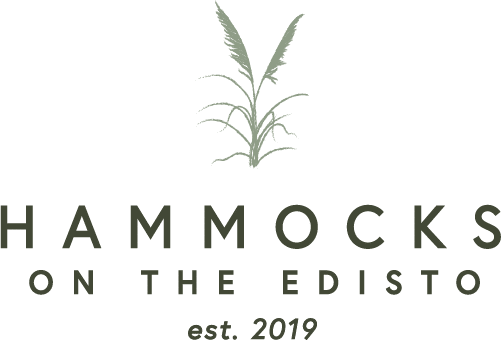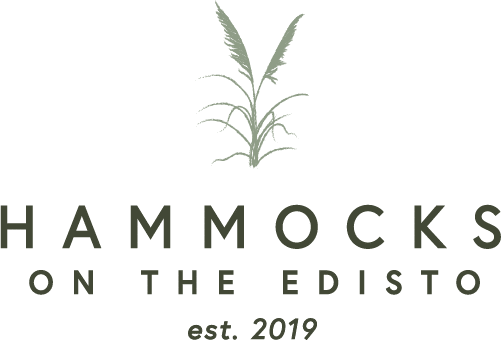When a doctor prescribes medication that has “addictive” properties like opioids or benzodiazepines, it is usually for a specific condition and then used for a short period of time. When these drugs are taken as prescribed, the medication alone does not cause addiction. A substance use disorder, or addiction, starts when a psychological dependence is evidenced in combination with the physiological dependence. A physiological dependence can occur to nearly anyone when medication with “addictive” properties (increase in tolerance, withdrawal in the absence of the substance) and taken for long periods of time.
Psychological dependence can be evidenced by using for other reasons than it was prescribed, needing to use more to get the desired effect, or wanting to use to feel “normal.”
At Hammocks on the Edisto, we offer treatment designed to treat both the physical and psychological aspects of addiction. We get to the underlying causes of the issue and help you address the issues in a safe environment. If you or someone you know is suffering from prescription drug addiction, please call 833.793.0191 and speak with one of our treatment experts today.
Common Drugs That Are Misused
Prescription drug misuse has steadily risen over the past two decades, as evidenced by data from the Center for Disease Control (CDC)¹. Below are the most common classes of drugs that can be misused and could lead to physiological and psychological dependence, otherwise known as addiction.
Opioids
Opioids are very effective for pain management. These medications can be highly addictive and must be monitored closely for someone with a history of addiction or use different alternatives.
Some people may combine opioids with benzodiazepines or alcohol to increase the effects they feel from the substance on a physical or psychological level. This combination can be lethal, as they are both central nervous system depressants, which can lead to an accidental overdose. Opioids medications may include:
- Codeine
- Hydrocodone
- Morphine
- Oxycodone
- Percocet
- Vicodin
Benzodiazepines and Sedative/Hypnotics
Most drugs in this class affect a chemical in your brain known as GABA, or Gamma Amino Butyric Acid. It slows your brain activity down and can make you feel calm. These medications can also lead to physiological and psychological dependence and become very “addictive,” especially when misused. Examples of benzodiazepines include:
- Benzodiazepines (Valium, Xanax, Ativan, Klonopin)
- Amobarbital
- Pentobarbital
- Phenobarbital
- Secobarbital
Stimulants
While doctors initially prescribed these medications to fight asthma, attention deficit hyperactive disorder (ADHD), and obesity, today, people use stimulants to treat many illnesses. These prescription drugs will increase your heart rate and blood pressure. They can be prone to a dependence on them psychologically and physiologically. These medications include:
- Dextroamphetamine
- Lisdexamfetamine
- Methylphenidate
- Amphetamine/Dextroamphetamine (Adderall, Ritalin)
- Adderall
Signs of Prescription Drug Abuse
Prescription drug misuse and the abuse of the substance means achieving the desired effect that goes beyond the intended purpose of the medication was originally prescribed to treat. Each class of substances has their own unique evidence for determining if someone is using more than prescribed or intoxicated. The consequences can be devastating, and there is help and treatment available.
Experts at Mayo Clinic² offer a range of symptoms of someone who is abusing prescription medications. The symptoms largely depend on the substance the person is using.
Opioids
The symptoms of opioid abuse include:
- Drowsiness and confusion
- Nausea
- Constipation
- Needing an increased dose necessary for pain relief
Fortunately, opioid addiction is a treatable condition with the help of our treatment experts.
Sedatives and Anti-Anxiety Medications
In some ways, the symptoms of sedatives and anti-anxiety medication abuse are similar to those of opioids. However, they differ in some ways, such as:
- Unsteady gait
- Poor concentration
- Dizziness
- Cognitive problems
- Slowed breathing rates
It’s vital to seek professional treatment if you’re abusing sedatives or anti-anxiety medications. This condition can be hazardous to overcome alone.
Stimulants
Unlike sedatives or opioids, which are depressants, stimulants increase the activity within the body. The symptoms of abusing these substances may include:
- Irregular heartbeat
- Agitation
- Anxiety or paranoia
- Insomnia
- Reduced appetite
Please don’t wait for the substance you’re using to take hold of your life. Get treatment today at Hammocks on the Edisto.
Find Treatment at Hammocks on the Edisto
Treatment to address the misuse of prescription drugs is the best thing you can do for yourself or someone else struggling with prescription drug addiction. At Hammocks on the Edisto, we are a women’s-only treatment center near Charleston, SC. We understand the difficulties of addiction. To learn more about our services, please contact Hammocks on the Edisto today at 833.793.0191.
¹ Centers for Disease Control and Prevention. (2021, March 17). Understanding the Epidemic. Centers for Disease Control and Prevention. https://www.cdc.gov/opioids/basics/epidemic.html.
² Mayo Foundation for Medical Education and Research. (2018, October 19). Prescription Drug Abuse. Mayo Clinic. https://www.mayoclinic.org/diseases-conditions/prescription-drug-abuse/symptoms-causes/syc-20376813.





